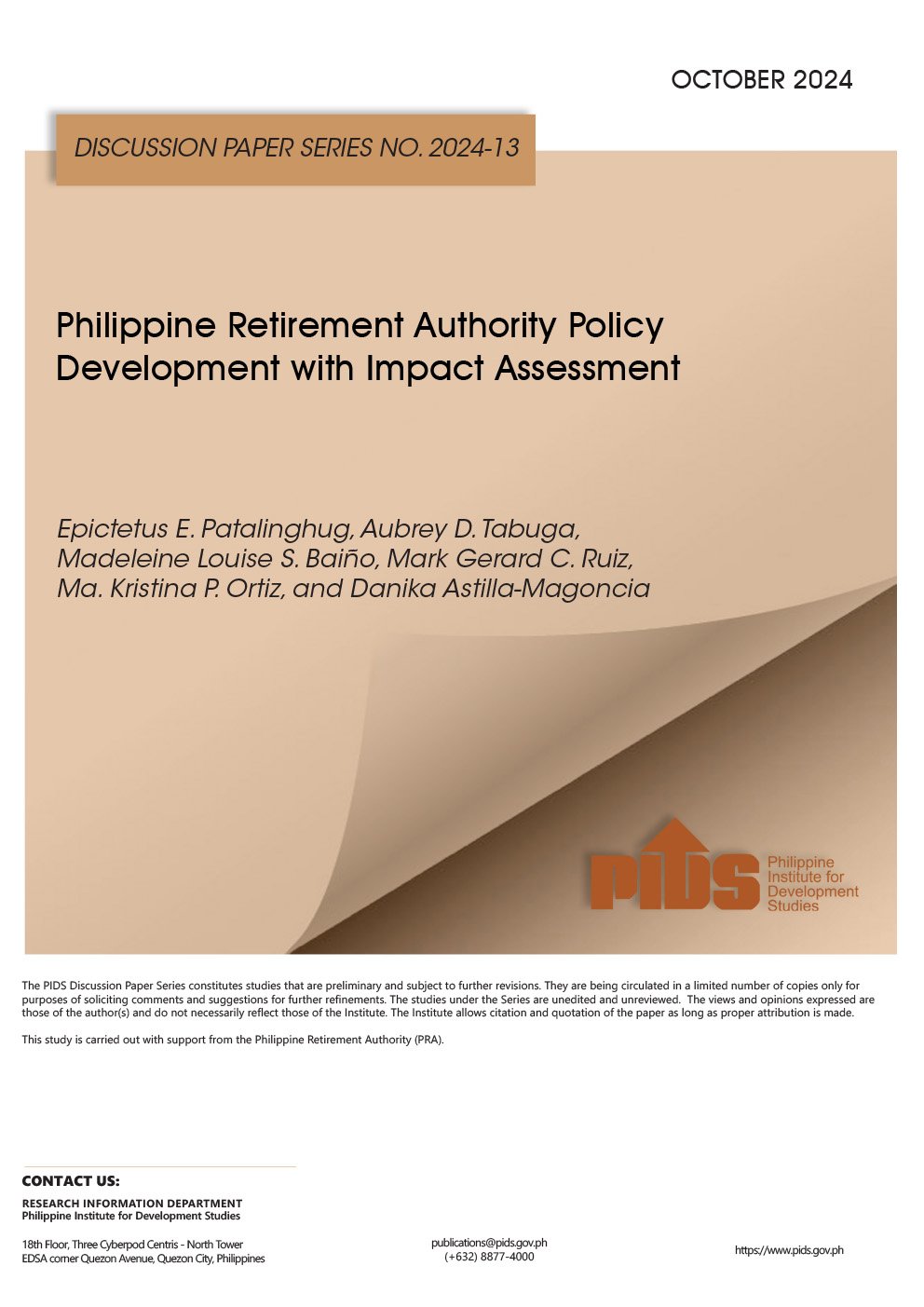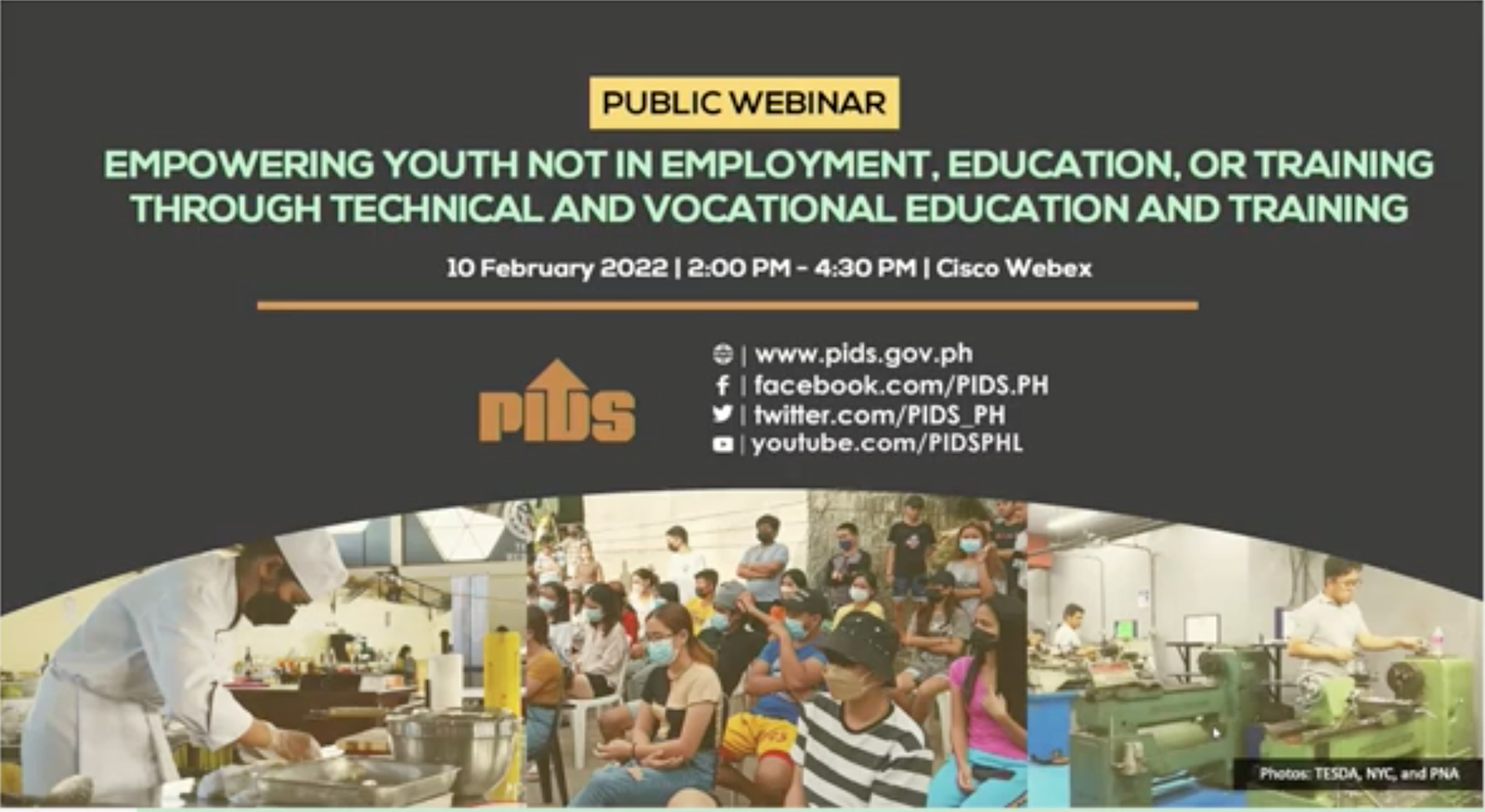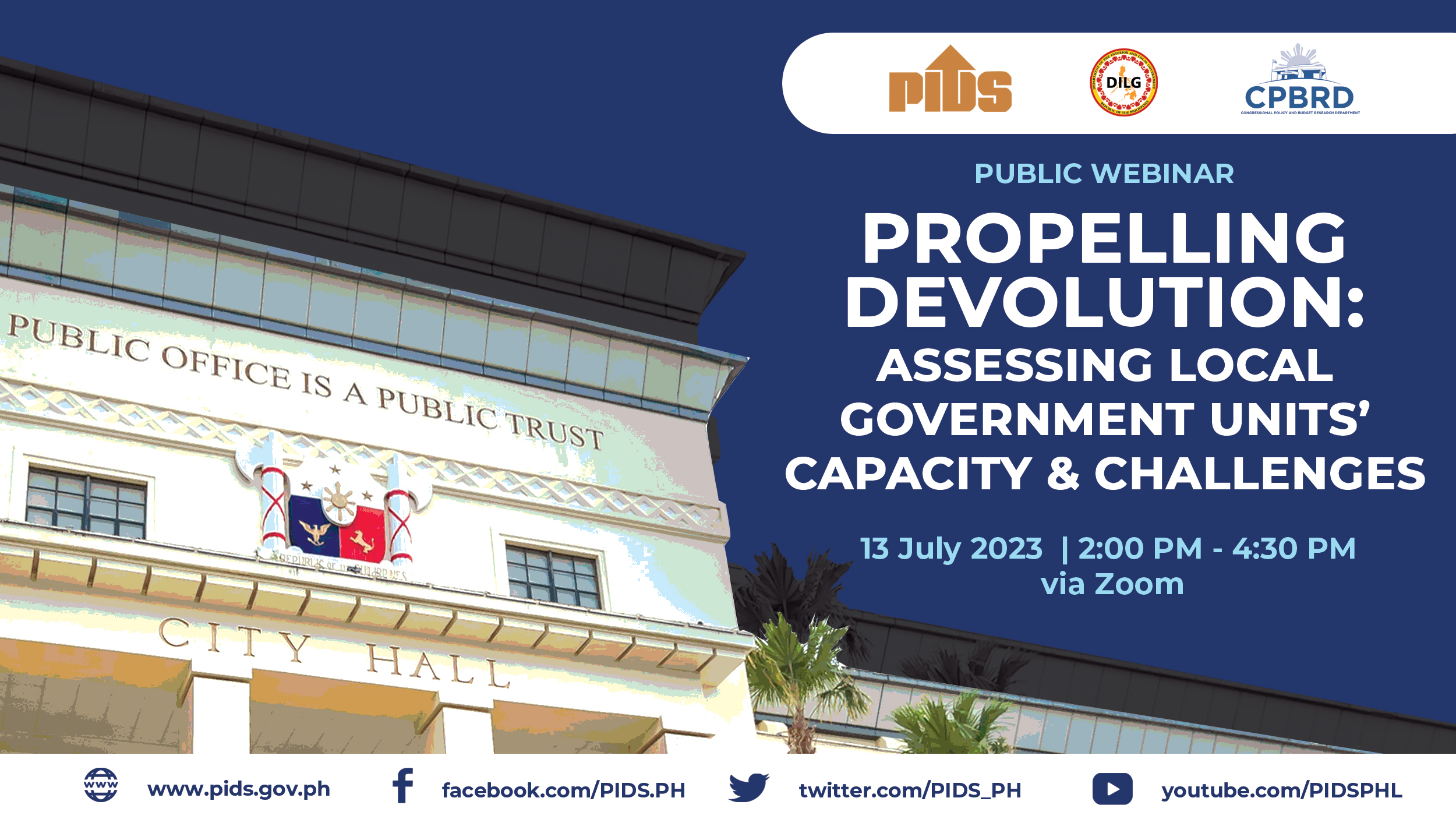MANILA – The Department of Budget and Management (DBM) on Tuesday said around 450 local government units (LGUs), particularly fourth and fifth class municipalities, are not ready to assume their devolved functions by next year.
DBM Secretary Amenah Pangandaman made this remark following a sectoral meeting with President Ferdinand R. Marcos Jr. to discuss Executive Order (EO) 138 on the full devolution of certain functions of the national government to local governments as ordered by the Supreme Court in the Mandanas-Garcia case.
EO 138, signed by former President Rodrigo Duterte on June 1, 2021, orders the full devolution of the provision of basic services and facilities to LGUs before the end of 2024.
Marcos earlier directed the review of functions that should be devolved to LGUs and that should remain with the national government as well as the extension of the period for the devolution of some functions up to 2027.
During the meeting, Pangandaman said Marcos instructed concerned agencies to further study possible amendments on the EO as several LGUs remain either financially or technically unprepared to assume their devolved functions.
The DBM chief chairs the Committee on Devolution (ComDev) which monitors of the implementation of the detailed transition plans (DTPs) of the LGUs.
“Iba-iba ang level ng capacity ng ating LGUs. Of course, yung nasa cities medyo advanced at developed na ‘yan and because they have enough funding, meron na rin silang enough manpower to implement the projects (LGUs have different levels of capacity. Of course, there are cities that are advanced and developed and because they have enough funding, they also have enough manpower to implement the projects),” Pangandaman said.
“But there are LGus that we know are really lagging. Hindi nila kayang iimplement ang mga projects kasi kulang ang kanilang (They cannot implement the projects because they lack) technical expertise and capacity to implement those projects,” she added.
Under EO 138, she said disadvantaged and lagging LGUs will receive financial assistance through the Growth Equity Fund (GEF) to help them fully implement their devolved functions and services.
Despite getting bigger share in the collections of national taxes, Pangandaman said there is still an issue on whether or not LGUs know how to properly utilize these funds.
“Sabi sa amin ng LMPs [League of Municipalities in the Philippines] (told us that), it’s not only about the money. Of course, they are happy that they have additional money now, but iniisip din nila (they are thinking) how will they use the money, properly utilize it, and implement it,” she said.
To date, she said capacity-building, trainings and seminars are being carried out to help prepare LGUs to stand on their own feet.
She likewise expressed hope that the ComDev would come up with amendments to EO 138 in two months.
“There are a lot of studies already done by different academic institutions like PIDS [Philippine Institute for Development Studies] and even our development partners. Maybe we can just look at them again. Siguro (Perhaps) in just two months baka mayroon na po kaming (we already have a) study and we are able to show this to the President already,” she said.
Think-tank Local Government Development Institute (LGDI) earlier urged Marcos to heed LGUs' request to move the implementation of full devolution to 2027, instead of 2024, stressing the need for a more gradual transfer of programs.
LGDI executive director and former DILG Undersecretary Jonathan Malaya said the appropriate interventions must first be given to the LGUs.
Last month, Marcos assured that his administration is "very serious" in weighing the consequences of full devolution of certain functions of the executive branch to LGUs.
He said the national government would be "all ears" as they relay their concerns.












